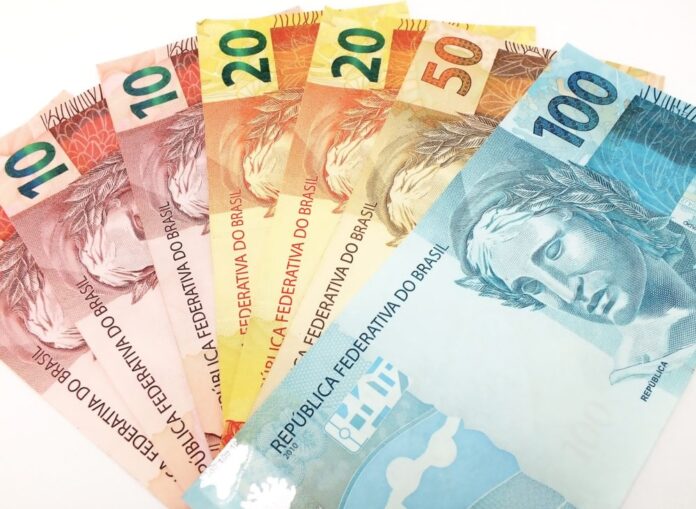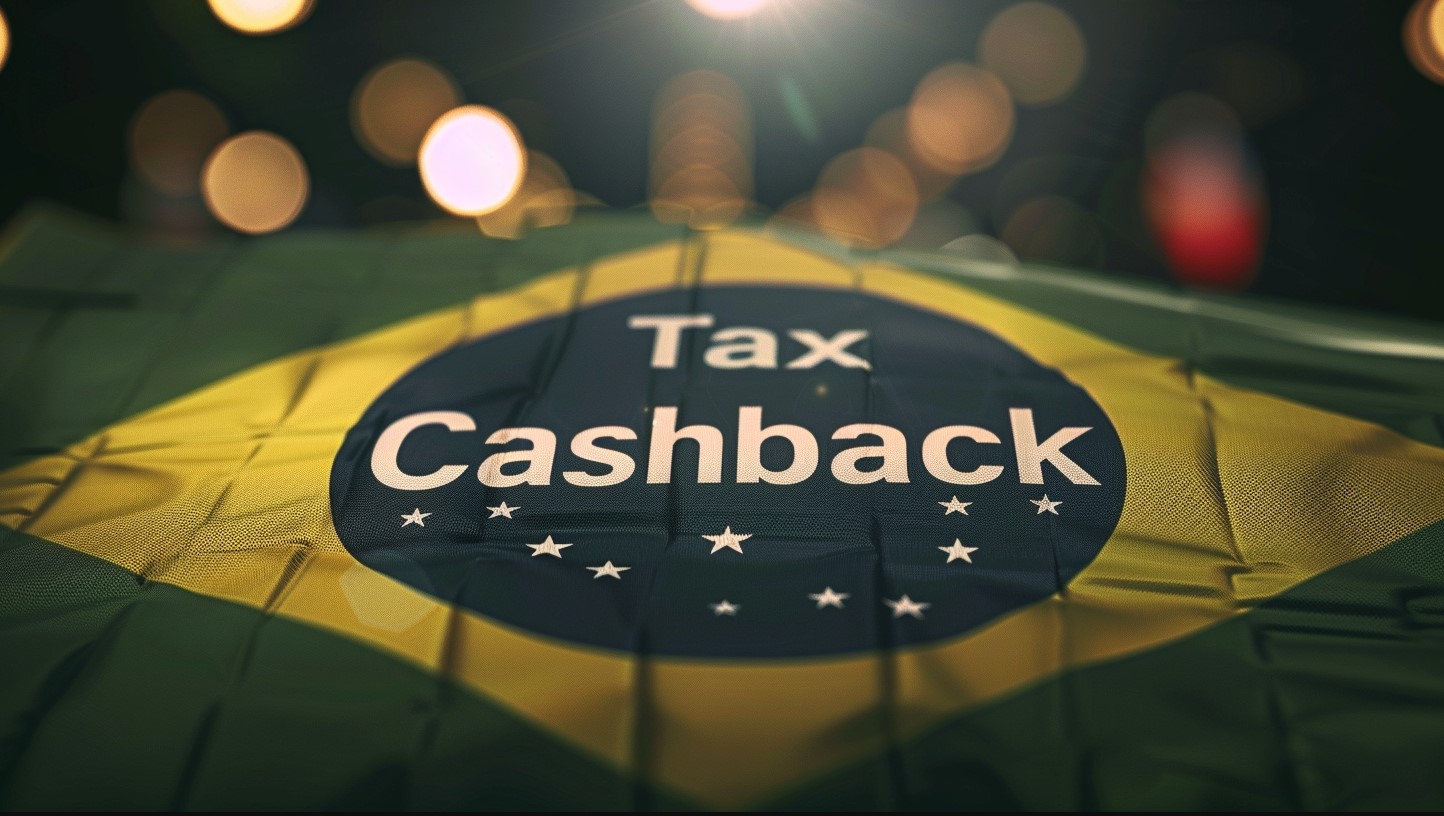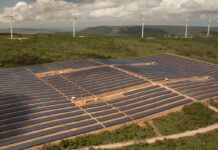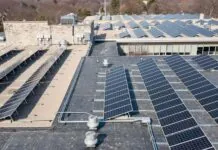
Brazil has introduced a new way to support low-income families with its “cashback on taxes” system.
This initiative, part of a tax reform approved by President Luiz Inácio Lula da Silva, aims to ease the burden on those who struggle the most.
Here’s a breakdown of how it works, who qualifies, and why it matters.
Who Qualifies for Tax Cashback?

- Families registered in CadÚnico, the government’s registry for social programs.
- Households earning up to half the minimum wage per family member. For example, if the minimum wage is R$1,518, a family of four must earn no more than R$3,036 to qualify.
The cashback on taxes, combined with Bolsa Família, offers crucial support to low-income families.
A Reforma Tributária é realidade! Com um sistema mais simples e justo, alimentos e medicamentos essenciais estão isentos, e famílias de baixa renda terão cashback em serviços essenciais. É o governo Lula e Alckmin fazendo história! pic.twitter.com/D06ewJeolR
— Ana Paula Lima (@anapaulalimapt) January 19, 2025
What Services Are Covered?
Eligible families can receive tax refunds on payments for:
- Electricity
- Water
- Sewage
- Gas cylinders
- Telephone and internet services
For other goods and services, refunds will be at least 20% of the taxes paid. Local governments can increase this percentage.
How Much Money Will Be Returned?
The reform introduces two new taxes that are eligible for cashback:
- CBS (Contribution on Goods and Services) – 100% refund for essential services.
- IBS (Tax on Goods and Services) – At least 20% refund, with states and municipalities allowed to increase it.
For example, if a family spends R$100 on electricity with a 25% combined tax rate (R$25 in taxes):
- They will get R$20 back from CBS (100% refund).
- An additional R$5 (20% refund) may be refunded from IBS.
- Total cashback: R$25.
How to Receive the Cashback
- Eligible families are automatically enrolled in the program.
- Refunds will appear as credits or discounts on bills for utilities.
- Families can opt out if they do not want to participate.
When Does It Start?
- Cashback for CBS will begin in 2027.
- Cashback for IBS will start in 2029.
These timelines give authorities time to prepare the necessary systems.
Why Is It Important?
Consumption taxes affect low-income families more because they spend a larger part of their income on basic needs.
For instance, someone earning the minimum wage pays 0.41% of their income in tax when buying a R$25 bag of rice, while someone earning R$10,000 pays only 0.062%. This program aims to reduce this imbalance.
Challenges Ahead
- Implementation: Developing a system to manage and distribute refunds efficiently.
- Awareness: Ensuring all eligible families know about the program.
- Monitoring: The Federal Revenue Service will oversee CBS refunds, while a management committee will handle IBS refunds. Transparency will be key to avoid misuse.
Conclusion
The cashback on taxes initiative is a significant move to reduce inequality. By refunding taxes on essential goods and services, the program aims to provide relief to millions of low-income families.
If implemented well, it could make a meaningful difference in their lives.
Read Next – Facts About the Law of Bets in Brazil
















